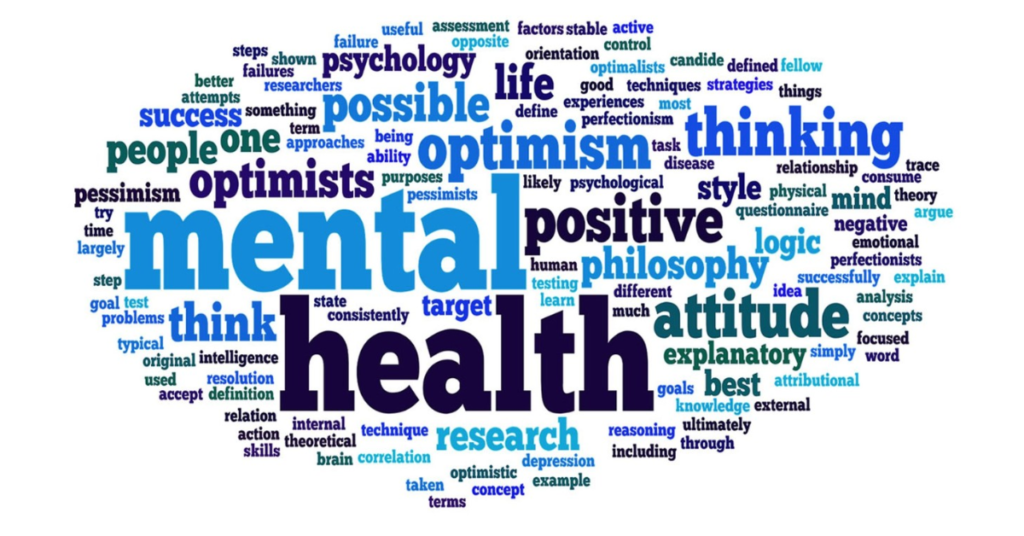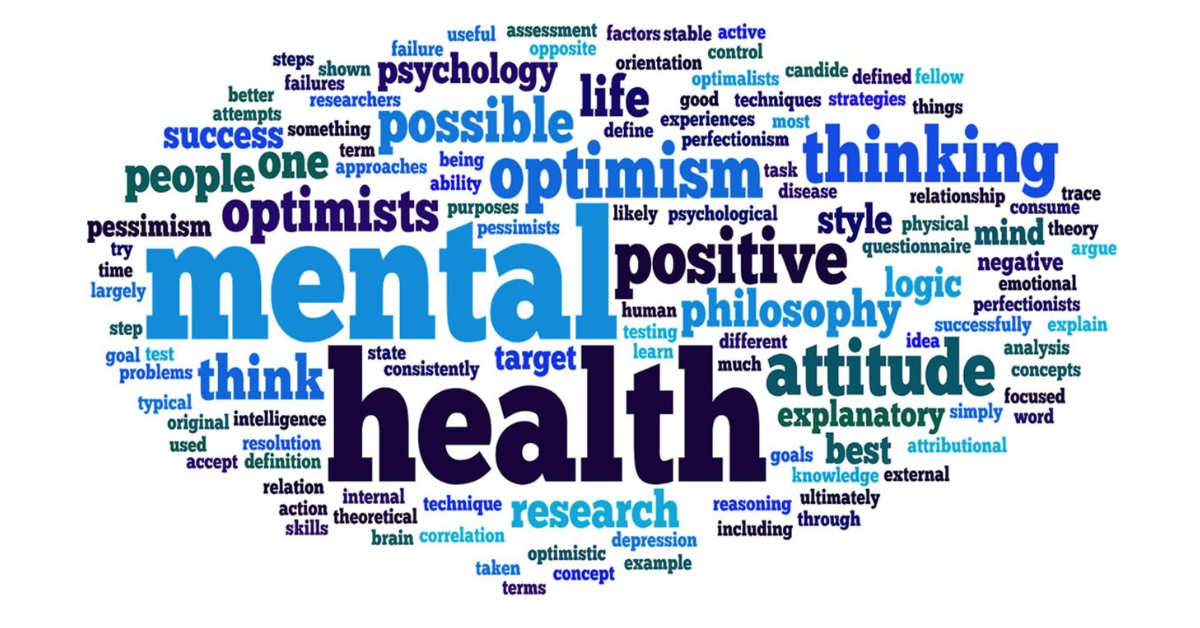In recent years, the importance of mental health has gained significant attention, particularly in educational settings such as universities. With the growing pressures of academic performance, social dynamics, and personal development, students are facing more challenges than ever before. Universities have recognized the need to support students not only academically but also emotionally and psychologically. As a result, mental health services on campuses have become crucial resources for fostering well-being and ensuring student success.
This article will explore the various aspects of university mental health services, emphasizing their significance, the challenges students face, and the types of support available. It will also highlight key terms and concepts related to mental health, making it a valuable resource for students, educators, and administrators alike.

Why Mental Health Services Are Essential for University Students
University life is often portrayed as a time of growth, learning, and opportunity. However, it is also a period where many students encounter significant stressors. Academic pressure, financial difficulties, social isolation, and the transition to adulthood can take a toll on a student’s mental health. According to the American College Health Association (ACHA), more than 60% of university students reported feeling overwhelming anxiety in the past year, and nearly 40% experienced depression.
Mental health services are designed to address these challenges, providing students with access to professionals who can offer guidance, therapy, and resources to manage stress, anxiety, and other mental health issues. These services are essential because they help students navigate the complexities of university life, preventing mental health crises and promoting overall well-being.
Common Mental Health Challenges Faced by University Students
University students face a wide range of mental health challenges, some of which are unique to the academic environment. Understanding these challenges is critical for both students and educators to ensure that appropriate support is available.
- Anxiety and Stress
The pressure to perform well academically can lead to significant stress and anxiety. Deadlines, exams, and the expectation to excel in a highly competitive environment can overwhelm students, especially those who are prone to perfectionism. Additionally, balancing academic responsibilities with social life, part-time jobs, or internships adds to the burden. - Depression
Depression is a common issue among university students. Factors such as homesickness, feelings of inadequacy, and social isolation can trigger depressive episodes. The lack of proper coping mechanisms and the stigma around seeking help may exacerbate these feelings, making it crucial for universities to offer accessible and confidential support. - Substance Abuse
Some students may turn to alcohol or drugs as a way to cope with academic and social pressures. Substance abuse can have detrimental effects on both mental and physical health, leading to a cycle of dependency that further impairs academic performance and relationships. - Eating Disorders
Body image issues and the desire to maintain a certain appearance can lead to unhealthy behaviors, such as binge eating, anorexia, or bulimia. These disorders are often linked to underlying psychological issues and can be difficult to overcome without professional intervention. - Social Isolation and Loneliness
Despite being surrounded by peers, many students report feeling isolated or disconnected from their university community. This isolation can lead to feelings of loneliness, which, if left unaddressed, can contribute to anxiety and depression.
Types of University Mental Health Services
Recognizing the wide array of mental health challenges that students face, universities have developed a range of services to support their well-being. These services are typically designed to be inclusive, accessible, and confidential.
- Counseling Services
Most universities offer free or low-cost counseling services for students. These services are staffed by licensed therapists and psychologists who provide individual therapy, group therapy, and workshops. Common issues addressed in counseling include stress management, relationship problems, and academic anxiety. Counseling services also offer crisis intervention for students experiencing immediate mental health crises. - Peer Support Programs
Peer support programs involve students helping other students navigate mental health challenges. These programs can be especially effective because students may feel more comfortable discussing their issues with peers who are experiencing similar challenges. Peer mentors are often trained in basic counseling skills and can provide guidance on how to access professional help when needed. - Workshops and Seminars
Many universities offer workshops and seminars focused on mental health education. Topics covered may include stress management, mindfulness, healthy coping strategies, and building resilience. These workshops are designed to equip students with the tools they need to maintain their mental health throughout their academic journey. - Online Mental Health Resources
In the digital age, universities are increasingly offering online resources to support student mental health. These may include virtual counseling sessions, self-help materials, mental health apps, and teletherapy. Online resources can be particularly helpful for students who are unable or hesitant to seek in-person support. - Crisis Hotlines and Emergency Services
Universities often provide 24/7 crisis hotlines that students can call in case of an emergency. These hotlines connect students with trained professionals who can provide immediate assistance, whether it’s talking through a panic attack or connecting the student with emergency mental health services.
The Role of University Administrators and Faculty in Supporting Mental Health
While mental health services play a critical role in supporting students, the involvement of university administrators and faculty is equally important. Faculty members, who interact with students regularly, are often in a position to notice changes in behavior or academic performance that may indicate mental health struggles. Providing faculty with the training to recognize these signs and refer students to appropriate services can make a significant difference.
Administrators also play a vital role by creating policies that prioritize mental health on campus. This includes ensuring that mental health services are adequately funded, accessible, and free from stigma. Universities can also promote mental health by integrating it into the campus culture through wellness campaigns, mental health awareness weeks, and stress-relief activities.
Overcoming the Stigma Around Seeking Help
Despite the availability of mental health services, many students are reluctant to seek help due to the stigma surrounding mental health issues. In some cultures, admitting to mental health struggles is seen as a sign of weakness, which can prevent students from accessing the support they need.
Universities must work to dismantle this stigma by normalizing conversations about mental health. This can be achieved through awareness campaigns, peer support groups, and encouraging open dialogue between students, faculty, and staff. By fostering a supportive environment, universities can help students feel more comfortable seeking help and discussing their mental health openly.
How Students Can Prioritize Their Mental Health
While universities provide a variety of mental health services, students must also take personal responsibility for their well-being. Here are some strategies students can use to maintain their mental health during their university years:
- Practice Self-Care
Self-care is essential for managing stress and maintaining mental health. Students should make time for activities that relax and rejuvenate them, such as exercise, hobbies, and spending time with friends. Prioritizing sleep and nutrition is also key to maintaining a healthy mind and body. - Stay Connected
Building and maintaining relationships with peers, family, and faculty members can help alleviate feelings of loneliness and isolation. Joining clubs, participating in campus activities, and reaching out to others for support can create a sense of community. - Set Realistic Goals
Academic pressure is a significant source of stress for students. By setting realistic, manageable goals, students can avoid overwhelming themselves. Breaking tasks into smaller, achievable steps can help prevent burnout. - Seek Help Early
If a student feels overwhelmed or notices a decline in their mental health, it’s important to seek help early. The sooner mental health issues are addressed, the easier they are to manage. Students should familiarize themselves with the mental health services offered on campus and reach out when needed.
Conclusion
University mental health services are an essential component of student life, providing critical support for those facing the challenges of academic and personal development. By offering a variety of services, from counseling and peer support to workshops and crisis hotlines, universities help students navigate the complexities of mental health during a pivotal time in their lives.
Ultimately, the responsibility for mental health is shared by students, faculty, and administrators. Through open communication, support, and access to resources, universities can create environments where students not only thrive academically but also maintain their mental and emotional well-being. As the demand for mental health services continues to grow, it is imperative that universities remain committed to providing the necessary tools for student success.
